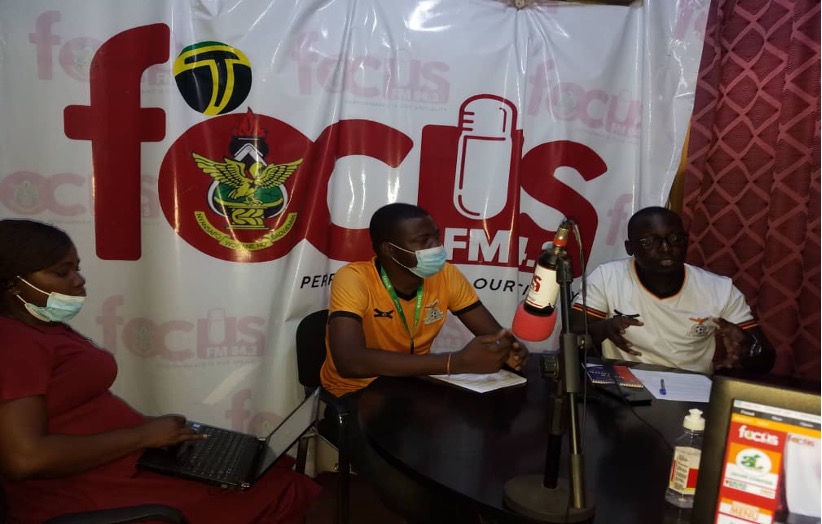By Michael Wabugo, an MPhil IP student at KNUST in Ghana sponsored by ARIPO
This year’s World IP Day theme was IP & SMEs: Taking Your Ideas to the Market. The theme came at the backdrop of seismic tremors caused by the virulent COVID 19, leaving several businesses collapsed while others are struggling to reconstruct from the rubble. Small and Medium Enterprises (SMEs) have been the hardest hit and are bearing the brunt of the shocks. Therefore, the day was an opportunity to highlight the role of SMEs in the economic growth of the global economy and showcase how Intellectual Property (IP) can be used to facilitate these enterprises and how IP can help SMEs rebuild.
In a bid not to miss out on the celebration of World IP Day, students of the Master of Philosophy in Intellectual Property program of Kwame Nkrumah University of Science and Technology (KNUST) came up with some activities. This would have been next to impossible without the support of the Intellectual Property Office of the University and the Focus FM- KNUST’s radio station. Among the planned activities towards the climax of World IP Day included a radio talk show, an article about the day, and social media fliers. The major objectives of these activities were to raise awareness about Intellectual Property Rights, the significance of the IP day to owners and users of IP, and awareness about the Intellectual Property Office of the University. KNUST established an IP Office last year and among its functions is to support the creativity and innovation of students and the staff through IP. The office is located at the Great Hall under the office of Grants and Research.
Focus FM hosted the radio talk show on the 23rd of April. It was pretty challenging to attract the big listenership of the student community amidst the helter-skelter of winding up exams for the first semester. But all hope was not lost given the available social media platforms like Facebook, which made the discussion be streamed live on the Facebook page of Focus FM. But also, a replay of the program was done on the actual day.
The topic of discussion had to be meticulously identified to respond to the interests or concerns of the student community. For that matter, the panellists agreed to talk about copyright, the World IP Day, and introduce the university’s Intellectual Property Office.
Copyright as an IP tool is very important in the university environment as far as facilitation of learning and dissemination of knowledge is concerned. The students and staff are not only generators of copyrightable material but also users. It is, therefore, necessary that they understand the mechanics of copyright and related rights so that tremendous respect and protection of copyright is achieved. On the panel were three representatives of the MIP 3rd Cohort, namely, Michael Wabugo (Uganda), Norman Chilumbi (Zambia), and Gifty Yankey (Ghana). The discussion started by informing the listeners about the meaning of copyright. This was explained as a legal right granted to authors of original literary and artistic expressions. Authors of copyrighted materials have certain exclusive rights, meaning users of such material are precluded from doing any act without the author’s or rights holder’s authorization or permission. The said rights include reproduction, distribution, performance, translation, and communication to the public. The rights mentioned above are subject to limitations and exceptions that users can utilize within defined boundaries, such as private use, making quotations, and illustrations for academic and research purposes.
Further, issues of copyright in the digital environment were discussed. It is a common thing for students to download, make copies, and share copyrighted digital content. The student community was advised to desist from engaging in acts of copyright infringement.
This has set the pace for the MIP 3rd Cohort to do similar activities upon the resumption of studies. There is a lot in the offing intended to keep the student community to appreciate intellectual property as a vehicle to spur creativity and innovation. The Intellectual Property Office and Focus FM have expressed willingness to support the initiatives towards that objective. The radio station has agreed to provide free airtime to discuss intellectual property rights. It is also anticipated that a significant impact will be created as far as IP issues are concerned. The students further appreciated ARIPO towards building a robust IP landscape through capacity building, a lynchpin in transforming the member states’ economies.
The writer would like to acknowledge the contribution of the MIP 3rd Cohort to this article and the support of the Intellectual Property Office.

